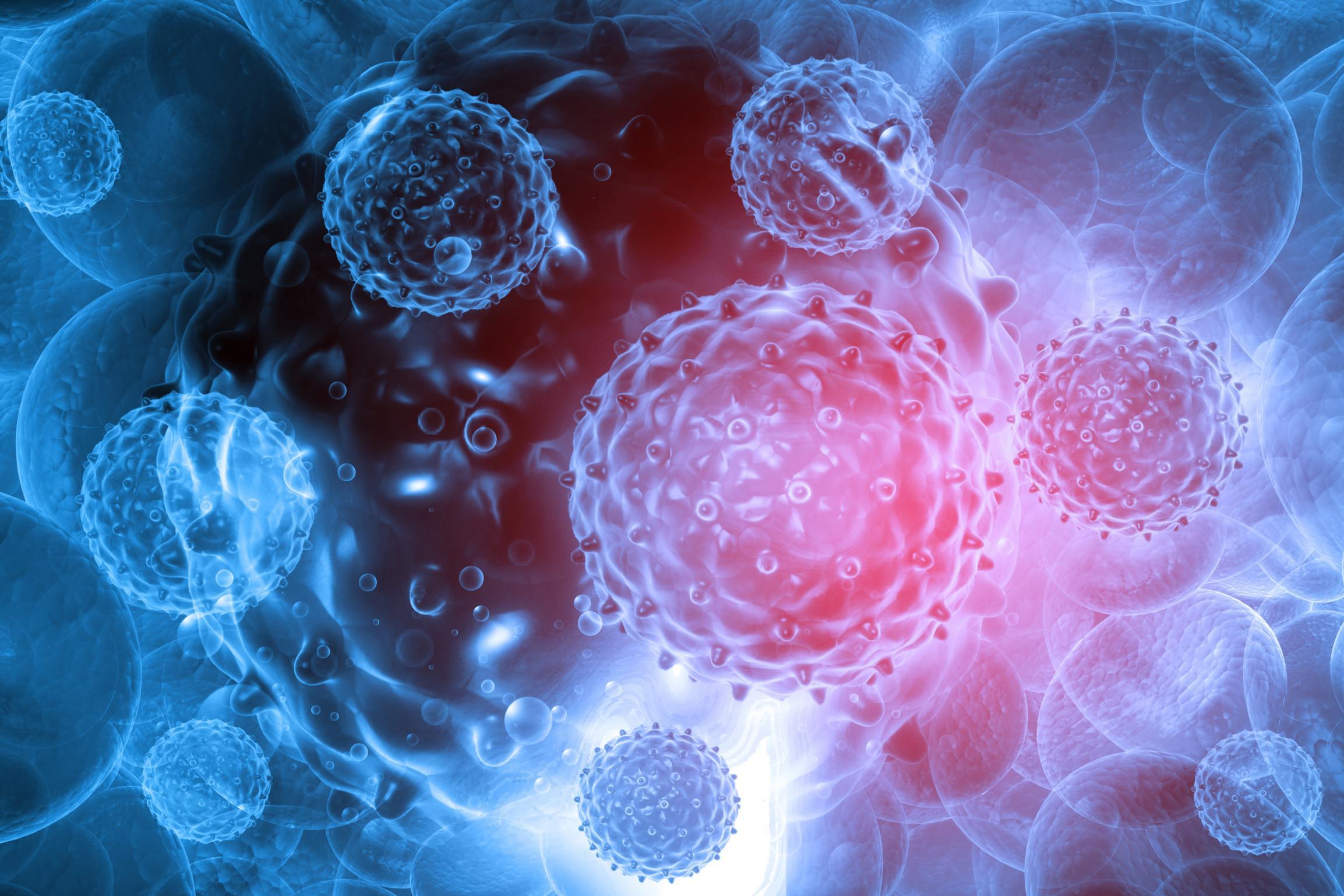HPV vaccination scheme in UK has ‘dramatically’ lowered cervical cancer risk
The study found that the vaccination results in an 89 per cent reduction of cells linked to the disease

Your support helps us to tell the story
From reproductive rights to climate change to Big Tech, The Independent is on the ground when the story is developing. Whether it's investigating the financials of Elon Musk's pro-Trump PAC or producing our latest documentary, 'The A Word', which shines a light on the American women fighting for reproductive rights, we know how important it is to parse out the facts from the messaging.
At such a critical moment in US history, we need reporters on the ground. Your donation allows us to keep sending journalists to speak to both sides of the story.
The Independent is trusted by Americans across the entire political spectrum. And unlike many other quality news outlets, we choose not to lock Americans out of our reporting and analysis with paywalls. We believe quality journalism should be available to everyone, paid for by those who can afford it.
Your support makes all the difference.The human papillomavirus (HPV) vaccination scheme has led to a significant reduction in the risk of developing cervical cancer later in life in Scotland, new research claims.
HPV is the name given to a group of common viruses that are sexually-transmitted, some of which are linked to cervical cancer. Nearly all cervical cancers are caused by an infection with a high-risk type of HPV, the NHS states.
Since 2009, girls aged between 12 and 13 have been offered a vaccination to protect them from HPV in UK schools. It’s free from the NHS and they can get it up until their 18th birthday.
Researchers at the University of Edinburgh examined the impact that HPV vaccinations had on 138,692 women born between 1988 and 1996 who each had a cervical cancer screening test result recorded at the age of 20.
The team looked at the levels of abnormal cells, known as cervical intraepithelial neoplasia (CIN), as revealed by their screenings. These range from CIN 1, which have a low risk of becoming cancerous, to CIN 3, which have a high chance, the NHS states.
The researchers found that compared to unvaccinated women born in 1988, vaccinated women who’d been born in 1995 and 1996 benefited from an 89 per cent reduction in CIN 3 cells. The results also showed an 88 per cent reduction in CIN 2 (which have a moderate risk of becoming cancerous) and a 79 per cent reduction in CIN 1.
The study, which was led by Tim Palmer and published in the British Medical Journal, concludes: “Routine vaccination of girls aged 12-13 years with the bivalent HPV vaccine in Scotland has led to a dramatic reduction in pre-invasive cervical disease. The bivalent vaccine is confirmed as being highly effective vaccine and should greatly reduce the incidence of cervical cancer.”
Dr Kevin Pollock, senior research fellow at Glasgow Caledonian University and study co-author, added that the study shows the HPV vaccine has exceeded expectations.
"It is associated with near elimination of both low and high grade cervical disease in young Scottish women eight years after the vaccine programme started,” Pollock said.
"The figures are impressive and show a reduction of up to 90 per cent of cervical disease abnormalities - pre-cancerous cells.”
Robert Music, chief executive of the charity Jo’s Cervical Cancer Trust, added: “The findings of this research are highly exciting and clearly demonstrate the impact of the HPV vaccine in protecting the cervical health of future generations.
"We are lucky to have such an effective prevention programme which means the elimination of cervical cancer is firmly on the horizon. Focusing on communities and areas where take up is below the national average should be a priority.”
Join our commenting forum
Join thought-provoking conversations, follow other Independent readers and see their replies
Comments